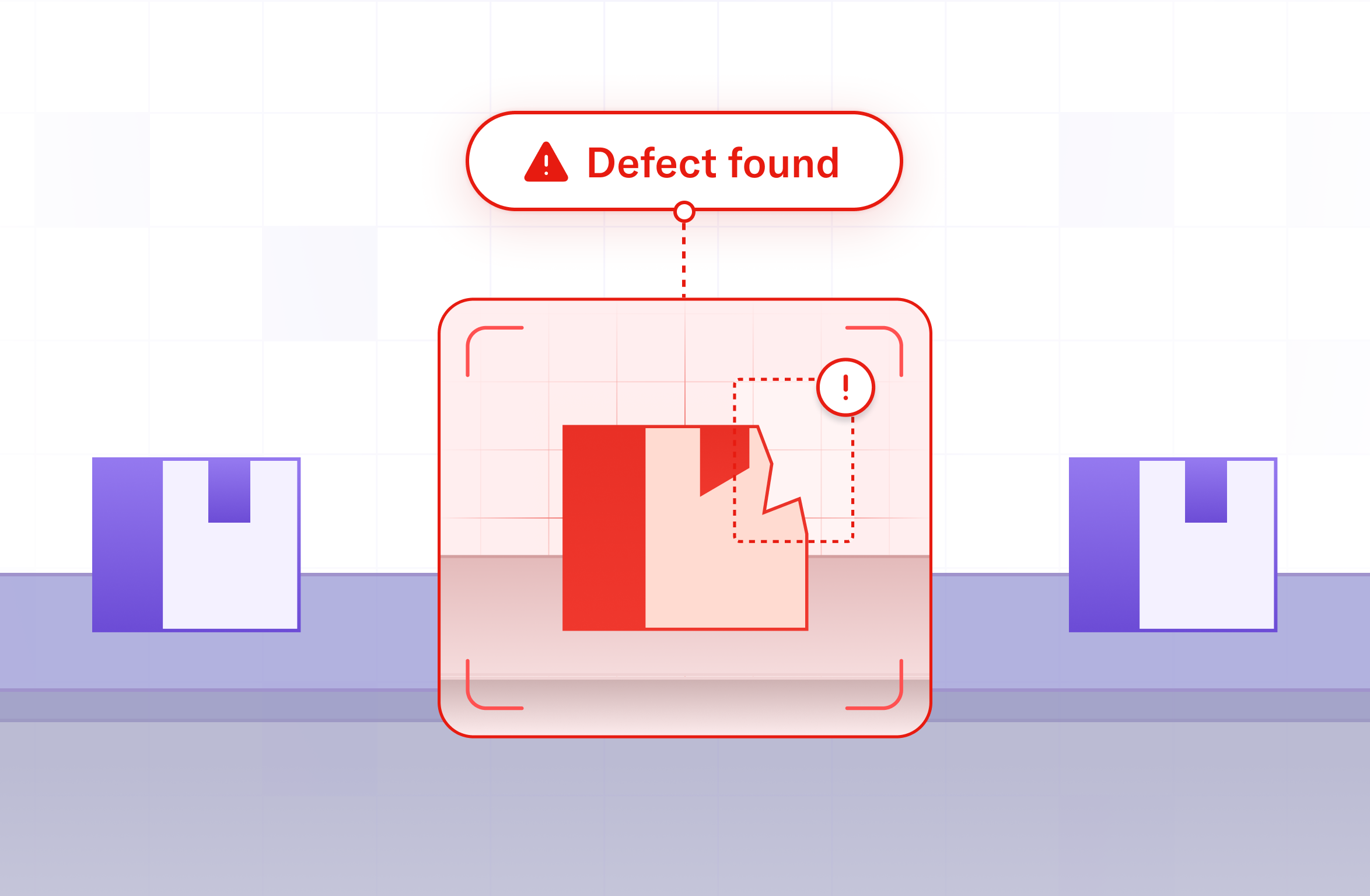25 Aug 2025
Min Read
Beyond the Prompt: Why Your GenAI Agent is Stuck in the Past (And How to Fix It)
We are in the midst of an AI revolution, and Generative AI agents are at the forefront. They can write code, answer complex questions, and automate tasks. But as enterprises rush to deploy these agents, a critical distinction is emerging—one that separates the merely helpful from the truly transformative. It's the difference between agents that simply react and agents that proactively act.
And the secret ingredient that unlocks this next level of intelligence? It isn't a bigger LLM. It's real-time context.

The Two Modes of AI Agents: Reactive vs. Proactive
At a high level, today's GenAI agents fall into two broad categories based on how they operate.
1. The Reactive Agent: The Responder
A reactive agent is a digital order-taker. It waits for a specific prompt or an event and then responds based on the immediate information it's given. Think of a simple customer service chatbot that answers questions from a knowledge base or a GenAI tool that summarizes a document you just uploaded.
They are incredibly useful for well-defined, in-the-moment tasks. However, their intelligence is fundamentally limited by their lack of memory and foresight. They only know what's happening right now because you just told them. They have no awareness of what happened a minute ago or what might happen next.
2. The Proactive Agent: The Anticipator
A proactive agent is a goal-oriented strategist. It doesn't just wait for a command; it anticipates needs, identifies opportunities, and takes initiative to achieve its objectives. It maintains an understanding of its environment over time, learns from patterns, and acts to shape future outcomes.
Imagine an agent that:
- Optimizes your supply chain by detecting a surge in web traffic for a specific product and a weather delay on a shipping route, then proactively re-allocates inventory before customers see an "out of stock" notice.
- Prevents customer churn by identifying that a high-value user's engagement has suddenly dropped, then automatically triggering a personalized retention offer.
- Fights fraud by recognizing a series of micro-transactions that deviate from a user's real-time behavioral baseline, and flagging it instantly.
This is the future of enterprise AI. But this level of intelligence is completely dependent on one thing: fresh, up-to-the-second context.
The Enormous Cost of Stale Data
You wouldn't make a critical business decision based on last week's data. So why would you let your "intelligent" agent operate with a worldview that's even five minutes old?
When proactive agents are fed stale, batch-processed data, their intelligence collapses. The result isn't just suboptimal performance; it's a recipe for disaster.
- Flawed Decisions: An agent acting on outdated information will inevitably make the wrong call. The fraud detection agent using a five-minute-old snapshot of user activity will miss the real-time anomaly. The inventory agent won't see the traffic spike until it's too late.
- Missed Opportunities: The window of opportunity in the digital world can be seconds wide. An e-commerce agent can't offer a dynamic, personalized promotion based on a user's current clickstream if it only gets updates every hour. The opportunity is lost forever.
- Eroded Trust: Nothing undermines confidence in an AI system faster than when it makes an obviously bad decision. If an agent consistently fails to see what's happening now, users will stop trusting it, and the entire initiative will fail.
Proactive agents require a continuous, real-time understanding of the world. Trying to build them on a foundation of stale data is like trying to navigate rush hour traffic using a printed map from yesterday morning.
DeltaStream: The Real-Time Context Engine for Proactive Agents
The challenge is clear: How do you provide your GenAI agents with a persistent, ever-fresh, and comprehensive view of your business context? Polling production databases is slow, inefficient, and puts them under strain. Traditional batch ETL is, by definition, not real-time.
This is where DeltaStream comes in.
DeltaStream is designed from the ground up to be the real-time context engine for your GenAI applications and agents. It provides the foundational platform to process continuous streams of events from all your data sources—like database changes (CDC), Kafka topics, and event logs—and transform them into fresh, stateful, and queryable context.
Here’s how it powers proactive agents:
- Continuous Data Ingestion: DeltaStream connects directly to the sources of change in your business, capturing every event as it happens.
- Streaming Processing: It allows you to filter, enrich, join, and aggregate these streams of events in real-time, creating dynamic materialized views of your business context. This isn't just data; it's a living, breathing model of your operational reality.
- Low-Latency Serving: This fresh, stateful context is made immediately available to your GenAI agents. When your agent needs to make a decision, it can query DeltaStream for the most current, comprehensive state of the world, ensuring its actions are timely, relevant, and correct.
The next generation of AI won't be defined by those who can simply answer questions. It will be led by those who can build autonomous agents that anticipate needs, solve problems, and drive outcomes. These proactive agents are the future, but they cannot live in the past. They need to operate in the now.
Stop building agents with a blind spot. Power them with the real-time context they need to win the future with DeltaStream.
This blog was written by the author with assistance from AI to help with outlining, drafting, or editing.



